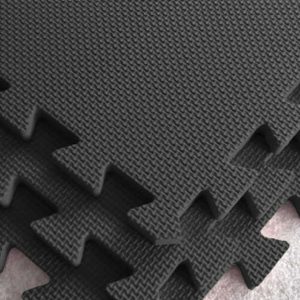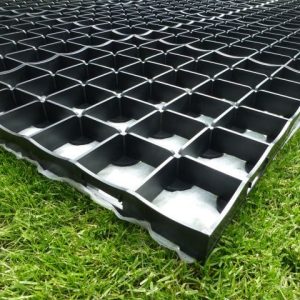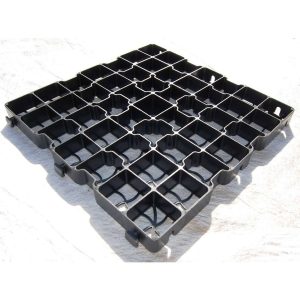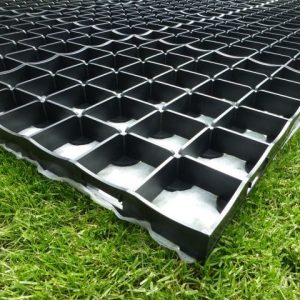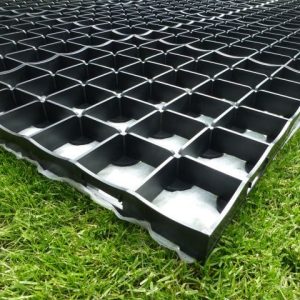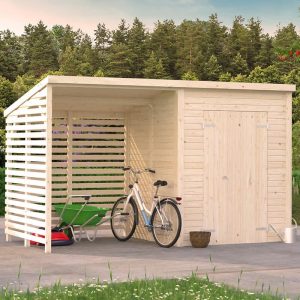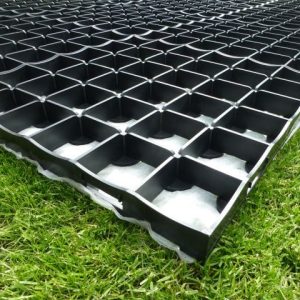Effortless and speedy to set up, the ProBASE 13’1×23′ plastic cabin base kit is perfect for avoiding the inconvenience of placing slabs or cement when preparing a foundation for a new shelter. With its unique interlocking structure, it is convenient to assemble and, despite being lightweight, it provides a very robust and long-lasting foundation for the shelter. Crafted from 100% recycled plastic, this cabin foundation is environmentally friendly. It can also be repurposed if the shelter is relocated. The foundation allows for airflow and drainage underneath the shelter, aiding in keeping the shelter floor dry. To set up the foundation, simply connect the square grids together and place them on a sturdy, even patch of land. We suggest utilizing 15kg of 10m pebble per square (pebble not provided). Each square measures 500 x 500 x 40mm. This bundle includes 112 squares and heavy-duty, commercially-rated weed membrane. Exceptionally sturdy connecting grid system shelter foundation Straightforward to place and assemble Environmentally conscious superior quality recycled plastic Aerated design Robust membrane included Thorough guidance and client assistance 2-year warranty










